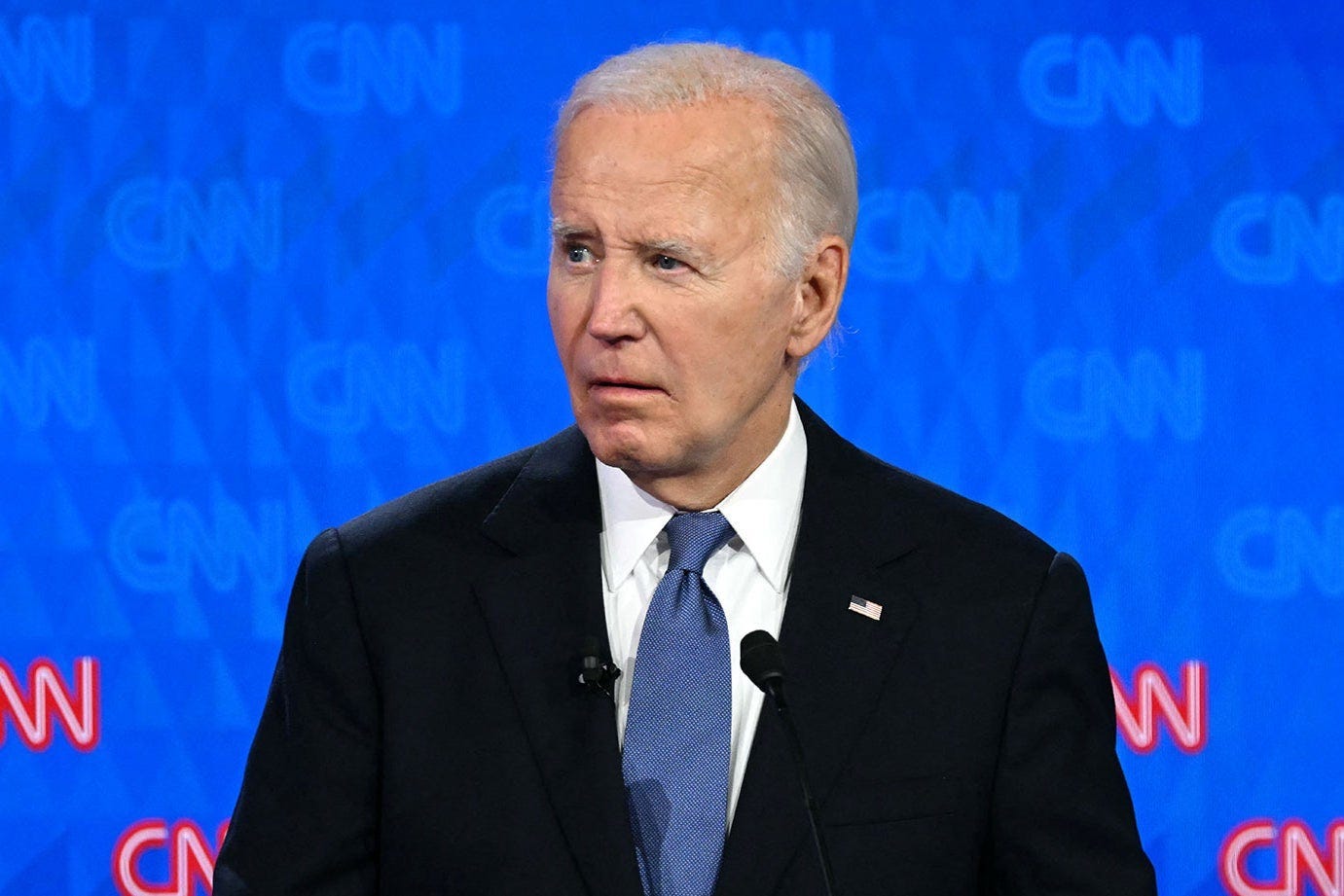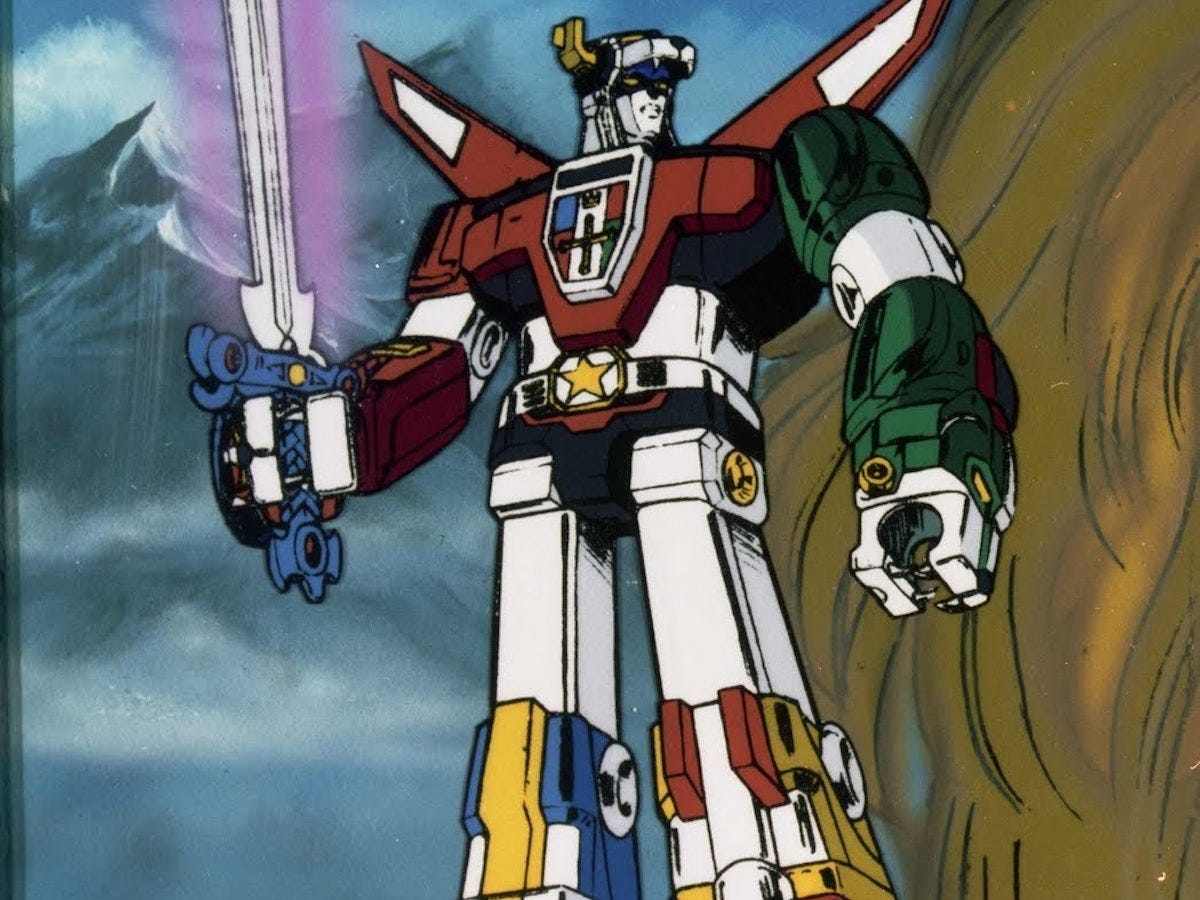I’ve been on hiatus. I was arrested for being too handsome/cool (!?) and detained for many months. If it can happen to me, it can happen to anyone. Thanks for being here.
“Enshittification”, a concept coined by journalist Cory Doctorow, was first used to describe the process of how platforms such as Facebook and Bandcamp make money, and eventually die:
Here is how platforms die: first, they are good to their users; then they abuse their users to make things better for their business customers; finally, they abuse those business customers to claw back all the value for themselves. Then, they die.
Tech platforms are effectively brokers. They sit between two sides of a market–those buying, and those selling–and connect the two. The distinction between a platform like Amazon and say, a real estate broker, is Amazon, with the service and selection it provides, is only offered in one place. You can leave Amazon to buy stuff from sellers elsewhere, but it won’t be quite the same thing. If you leave your real estate agent for another, you can still buy the same townhouse and have more or less the same experience.
The distinction between Amazon and house hunting is what makes the ‘abuse of customers to claw back value’ aspect of enshittification possible. Amazon has buyers and sellers held captive. The prices are right for buyers, and sellers rely on it to get their goods in the hands of buyers. To leave would be at least inconvenient and at most, financially detrimental.
Politics has followed a similar trajectory. Between Joe Biden and Donald Trump sit the Democratic Party and the Republican party, respectively. Those parties, and the bespoke divinations we each receive from our own preferred outworlds, are mostly responsible for getting people to vote for the candidates in their respective parties.
Let’s look at this through the lens of enshittification through the last 75 years or so:
HOW PLATFORMS DIE:
Step 1. First, they’re good to their users: From the end of WWII through the mid eighties, American life, in aggregate, was pretty good and stayed on an upward trajectory. The economy hummed, progress was made on civil rights, global warming not such a big deal, etc. There were still blips along the way: Vietnam, civil rights, whatever voodoo I don’t understand that led us to stagflation in the 70s, Creedence Clearwater Revival, etc. I’d say Ted Nugent on politics alone, but ‘Stranglehold’ absolutely rips.
Was it D’s or R’s who ushered in all this lovely stuff? Hard to say exactly, but it was happening, and they ostensibly both had a hand in it. All sides of the market flourished. Good for them!
Step 2. Then they abuse their users to make things better for their business customers: Who are the business customers of political parties? Why, it’s businesses themselves, silly! The businesses, through lobbying, donations, revolving doors/kickbacks, etc. get the platforms to adopt business-friendly policy, and then the platforms get people to vote for candidates supporting said policy. Trade liberalization measures such as NAFTA enabled corporate wage arbitrage, exporting low wage work abroad that stifled wage growth at home, all while growing corporate profits. Reagan’s tax policies of the 80s lowered corporate taxes along with taxes on the country’s wealthiest. In the 90s, Bill Clinton drastically reduced corporate gains taxes, repealed Glass-Steagall, paving the way for the mega-financial institutions we know today, and deregulated risky financial derivatives. George W. Bush, the former part-owner of the Texas Rangers and two-term president, cut taxes and launched the 2nd Iraq War. The tax cuts didn’t work and the war was a humanitarian disaster. Generally, none of the above was beneficial to Americans. For many, things got worse, or were starting to get worse. The ultra-wealthy and corporations however, enjoyed a nice time. Just like step 2 said they would.
Step 3. They abuse those business customers to claw back all the value for themselves: This brings us to the present, more or less. Things also diverge slightly here because I do think there’s still a lot of cream to be licked off the top of our economic root beer float by corporations and the 1%. Still, that cohort is getting its fair share of abuse. Political instability like Jan 6th (where were YOU that day???), impeachments, will he or won’t he expire in the oval office (?), the rollercoaster that is America’s commitment to NATO, protests, inflation, housing, or lack thereof, etc. make it that much more difficult for businesses to plan for the future.
Meanwhile, normies are experiencing a housing affordability crisis, food prices are up 20% over the past 3 years, mass shootings are at all time highs, Congress is taking a snooze, and both presidential candidates toe the precipice of severe cognitive impairment, if not outright death.
So who’s benefiting here? The cadre of high-ranking people who work at the Republican and Democratic National committees, lobbyists, consultants, advisors and whatever Hunter Biden's official role is now. Those are the entities comprising the platforms themselves. A political Voltron, disparate parts working in conjunction to form something greater than the sum of its parts, only it’s in dire need of refurbishing. All that money piled into campaigns, lobbying efforts, and policy needs to get used, careers need to be burnished. The platforms must get theirs, no matter what happens to both sides of the market.
The actions of arguably the two largest disparate parts, the RNC and the DNC, prove this out. Over the last 8 years, we’ve watched prominent Republicans disavow Trump, the RNC fight his nomination, and now we’re watching Nancy Pelosi and Obama work to get Biden to step down while most Democratic constituents similarly want him gone. If either Trump or Biden were to be removed from their current spots, a lot of people would be looking for work and a lot of organizations would be looking for new footholds. Besides the egomaniacs running for president, there’s only their platforms left supporting them, which stand a certain and direct chance of benefiting from this setup.
Step 4. They die: This is the juiciest part. We’re not here yet, so the intrigue is on high. Both political parties are at inflection points. If Trump’s elected, officially gone are the days of soft-R Republicans. An objectively unpopular party (Republicans have won the popular vote for president once in the past 30 years) in power of the courts, possibly both houses, and the presidency. The vestigial desire for representative democracy can finally be excised: ten commandments in classrooms, a president who can do whatever they want, the abolition of Roe v. Wade. Even if Trump dies, whoever’s on deck will be the same, if not worse.
Biden is decades of genuflecting to a center nobody can ever pinpoint, candidate recycling, and a general aversion to progress made manifest. His track record of having been on the wrong side of most progressive issues his entire life, his fetishization of bi-partisanship to the detriment of his actual constituents, and his age all project a party nuzzling more closely to death’s bosom each day. A party perpetually looking to history, not to inform the future, but to see how the present can come closer to resembling it–bi-partisanship! mutual respect! normative values! Who better to have as a candidate than someone whose remaining life expectancy maps tidily to their party’s? When Biden leaves, will there be any retreads left? If not, will the new flock have the same relationships to the platform as Biden and those before him?
Just like Amazon, we’re locked in. Don’t want to vote R or D? You can vote for the guy whose crackpot vaccine theories helped usher in a measles epidemic in Somoa and believes antidepressants are to blame for school shootings. If you’re not lobotomized enough for that, there’s always Jill Stein.
Type the word ‘mattress’ into Google and you’re presented with only sponsored ads until about halfway down the page, where the real results live. It sucks for users, it sucks for businesses advertising to uninterested customers, but Google’s still getting paid. Similarly, our presidential candidates exist to benefit the platforms themselves. Each disparate part of the crap-Voltron suckling away the last few drops of energy before it crumbles into a heap on the ground.
Did you like this? Did you hate it but still found it engaging? Then subscribe.






